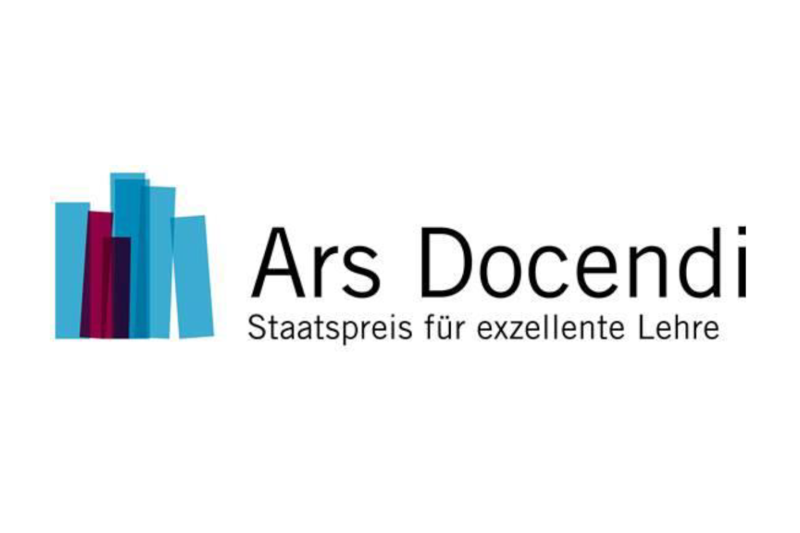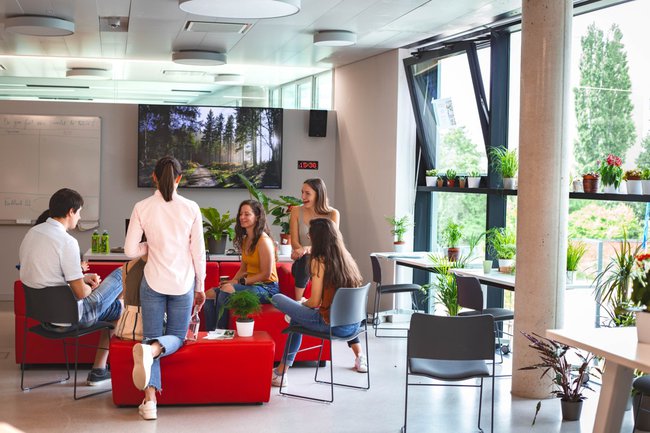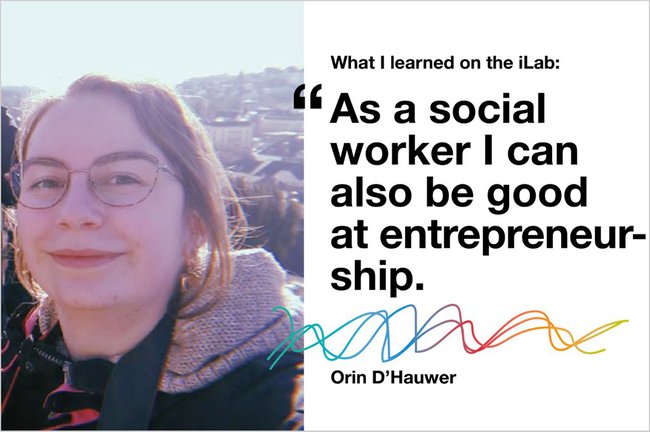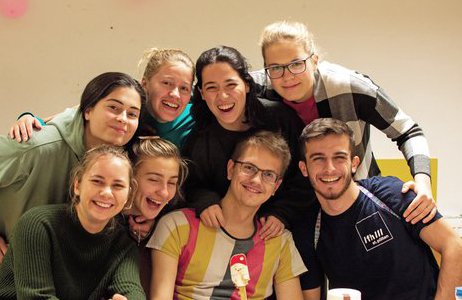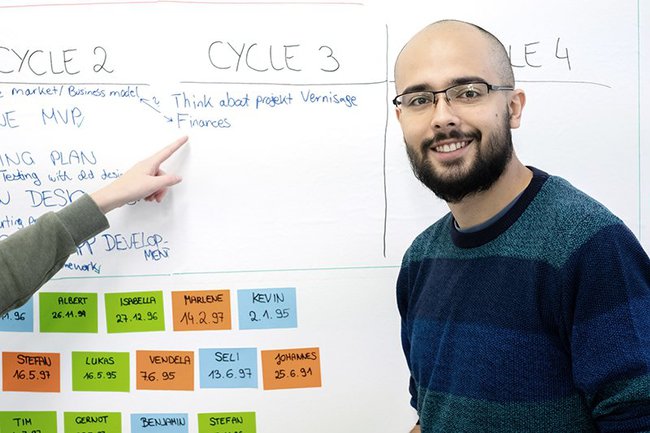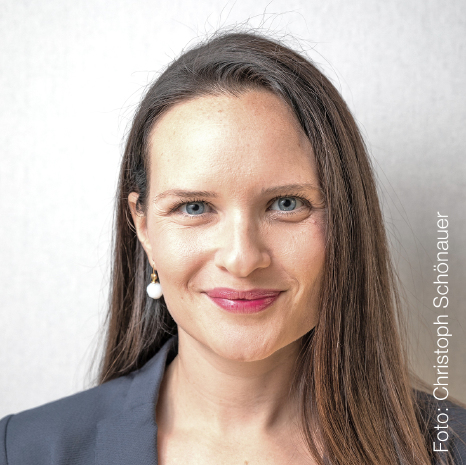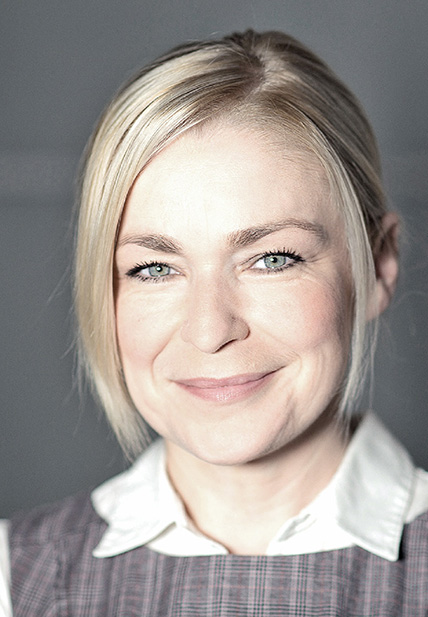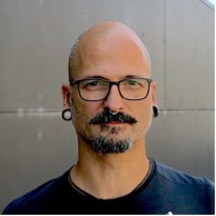iLab Process
From the Challenge to the Solution
Find Solutions to Current Societal Challenges!
In the iLab, you are part of a human-centred design process.
You will go through two interconnected phases:
- Concept Development Phase
In this phase, you will explore the needs and requirements of those affected by the challenge. The goal is to uncover root causes and develop initial ideas and prototypes for possible solutions.
- Product Development Phase
Building on your concept, you and your team will work on a solution that is not only need-oriented, but also technically feasible, future-proof, and valuable to its users.

Two Gates on the Way to the Concept
Throughout the process, you will pass through two gates. These are key decision points where you and your team present your newly defined problem statement (Gate 1) and, later, your proposed solution and prototype (Gate 2) to a jury from various professional fields. You will receive questions and constructive feedback to refine your concept or rethink your approach.
The outcome of these gates determines which teams continue working on their challenge. After each gate, teams may be restructured to continue working on the remaining challenges.
Three Sprints – One Solution
In three sprints, the newly formed teams will develop a solution step by step. You will work with agile project management methods – such as Scrum and Kanban – and follow the principles of transparency, inspection, and adaptation.
After each sprint, a review session allows teams to present their progress, receive feedback, and use it to improve the next iteration.
At the end of the semester, all teams will showcase what they have created together – their final product.
Skills Acquisition
At the Personal Level
(Further) development of subject-specific competencies and soft skills
The iLab promotes your independence and self-management. In individual coaching sessions, work and reflect on your personal learning goals.
In heterogeneous settings and with alternating groups of persons, you train your conversation skills and reflectivity through reflective dialogues. In this context, you work on a Learning Blog that stays with you for the entire semester and that you use for highlighting both project-related and individual challenges and possible solutions in the peer setting in order to learn from them.
At the Team Level
Interdisciplinary Collaboration
In the iLab, you learn
- how interdisciplinary collaboration offers added value,
- how you can design this collaboration in a positive way,
- and how you can profit from one another.
This is why a key focus of the iLab is on the team context. The composition of the teams is changed deliberately (after each decision gate) in order to allow the student to repeatedly go through the various team development stages. Particularly when teams are newly formed, team building measures (for example, out of doors) and tutoring are offered to help you adjust. Later in the process, feedback and coaching talks give you the opportunity to reflect on your work and find solutions to challenging situations.
At the Project Level
From Challenge to Solution
At the iLab, you work on the project level using the design thinking approach – to translate complex societal challenges into feasible solutions.
In a three-day bootcamp, you will get to know the process and directly apply creative methods to your challenge.
Coaches from various departments will support you throughout the concept development phase. The process is complemented by a two-day Business Design Bootcamp and sessions on pitching and storytelling.
From Concept to Implementation
Your concept forms the foundation. Together with your team, you will develop it into a product that serves as a solution to your challenge – in three sprints.
At the beginning of the product development phase, you will define a Minimum Viable Product (MVP), which you will refine throughout the sprints.
In the Agile Project Management Bootcamp, you will acquire basic knowledge of the Scrum and Kanban frameworks – which you will then apply directly in product development and deepen with the support of the Lab Master.
Coaches from various fields will help you reach your goal.
Developing Future Skills
Which competencies and skills do future university graduates need for professions that do not even exist yet?
The term “future skills” refers to abilities that allow graduates of higher education to meet the challenges of the future with the best possible preparation. Within the framework of the iLab, we teach and promote these future skills in an integrative manner and with practical relevance at all three levels.
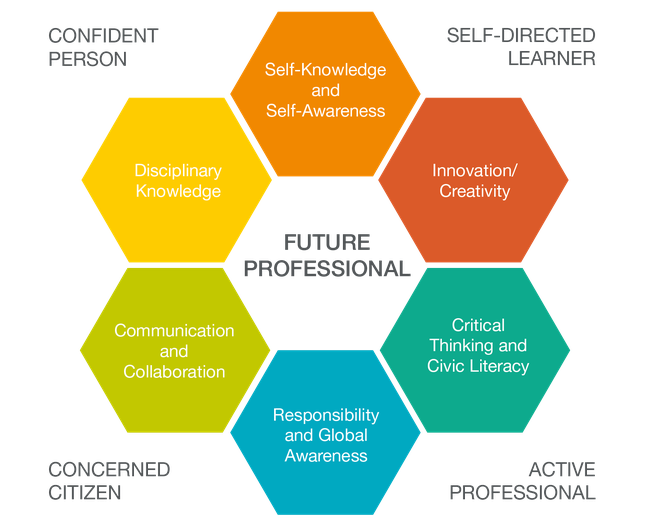
Good to Know
